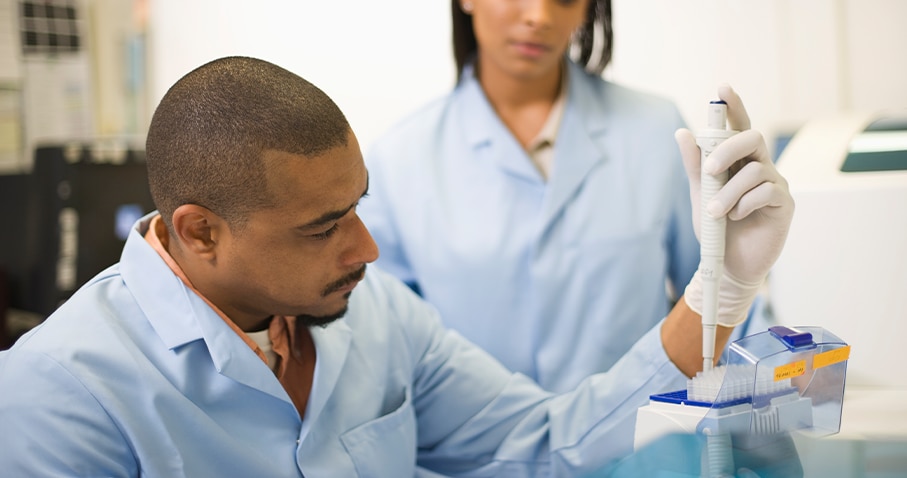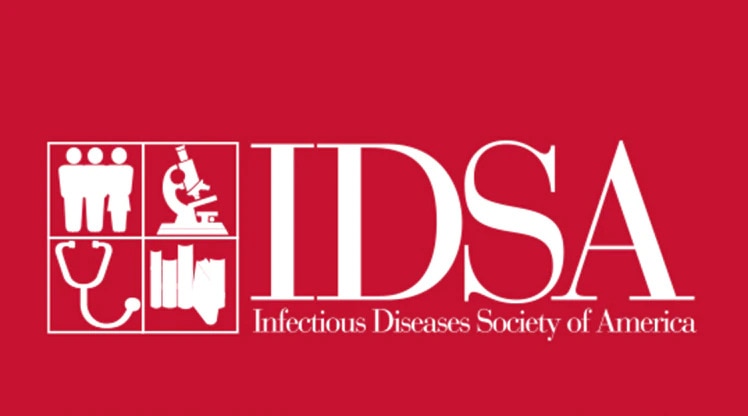Health Systems Strengthening
Deploying BD capabilities and technology solutions to help address the world's most pressing health needs.

In 2007, BD initiated a partnership with PEPFAR and the CDC to strengthen the systems and skills necessary to improve diagnostic testing capabilities for HIV, TB and other diseases. As part of this program, called Labs For Life, BD deploys its associates, leveraging their laboratory quality expertise, to serve as mentors for laboratory staff on the ground. These efforts enable labs to progress toward internationally recognized accreditation and help scale up national laboratory standards and systems. In addition to traditional mentorships, the program also includes safer blood collection, specimen referral systems, equipment maintenance training and implementation of geographic information systems to enable better data analysis. The first phase of the partnership was completed in 2012, and results were recently published in the Supplement to the Journal of Infectious Diseases. In 2013, Phase 2 of the partnership was signed for another five years and is currently being implemented in Kenya, Uganda, Ethiopia, Mozambique, South Africa and India.

As access to HIV & AIDS treatment increased dramatically in sub-Saharan Africa, so did the quantity of blood drawing necessary for HIV screening and monitoring. The Safer Blood Collection initiative was launched in Kenya in 2010 and was later expanded to include Zambia, Tanzania and Krygyzstan. The program helped hospital and clinical personnel improve blood drawing and specimen handling procedures, controlled exposure to the HIV virus by providing postexposure prophylaxis and helped prevent needlestick injuries by establishing or enhancing needlestick surveillance. The partnership supported in-service training for as many as 10,000 healthcare workers as well as the establishment of a national phlebotomy school at the Kenya Medical Training College. In addition, the monitoring component of the initiative aimed to track as many as 2 million blood draws within each participating country.
The Journal of Infectious Diseases: Finding of Phlebotomy Practices in Kenya in 2010
The TB lab network is critical in identifying TB cases early, determining appropriate treatments and controlling the spread of disease. In 2013, a partnership was initiated between BD and USAID, which has introduced improved laboratory practices in national reference laboratories supported by the National Tuberculosis Program (NTP). Through the program, BD has trained lab workers on TB culture drug susceptibility testing. Together, BD and USAID have developed a nationally recognized accreditation and certification system for Indonesian laboratories and lab personnel.
BD and the National Accreditation Board for Hospitals, India (NABH) have joined efforts to address patient and healthcare worker safety through a Safe-I certification program. The program is positioned as a stepping stone toward achieving complete hospital accreditation. Along with designing the Safe-I program, BD performs baseline assessments, sets surveillance systems before the NABH certifies a site and provides resource personnel for managing the program. To date, nearly 80 hospitals have been Safe-I certified by NABH. In addition, 130 hospitals have enrolled in the program and are progressing toward their Safe-I certification.
In 2016, BD entered into two new collaborations with the CDC in Cambodia and the country of Georgia to address the transmission of disease in medical settings. BD is providing training on injection safety, as well as safer phlebotomy and infusion practices, for both countries. In Cambodia, a recent outbreak of HIV & AIDS in the Roku district was a result of unsafe injection practices. In Georgia, the prevalence of hepatitis C (estimated to be 7%) prompted the government of Georgia to designate the disease as the country's top health priority. Unsafe injection and blood safety practices contribute to the infection burden.